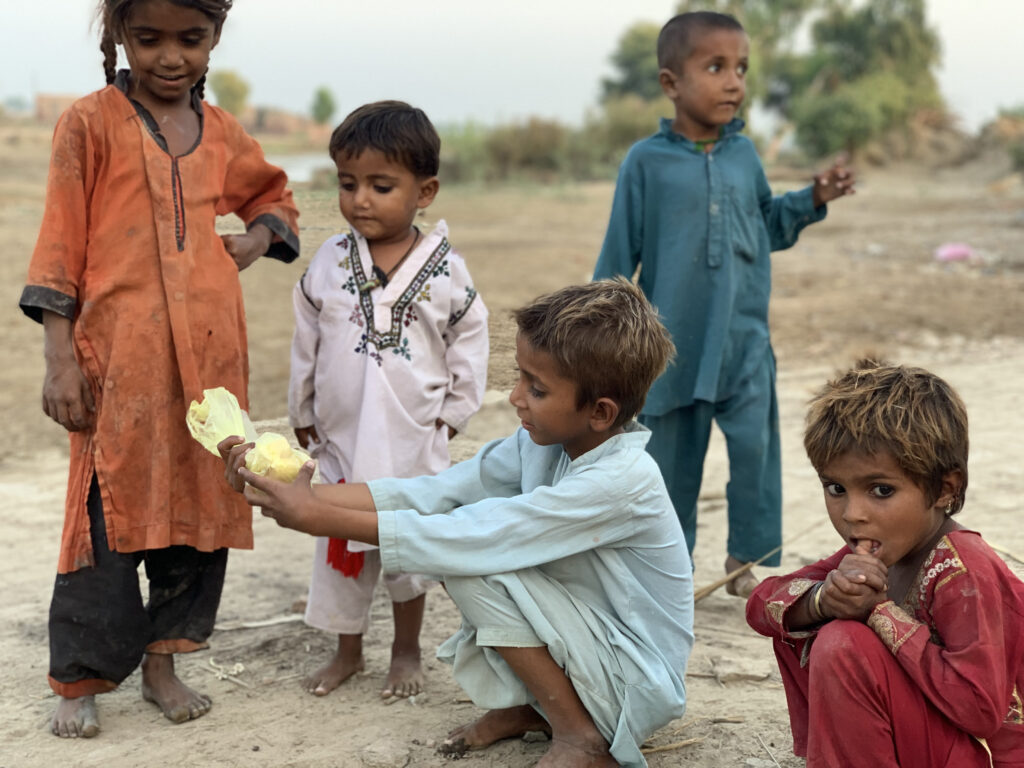Pakistan is most vulnerable to climate change because of its location, economic challenges, and dependence on agriculture and water resources. This vulnerability is worsened by the country’s limited ability to adapt and a lack of strong emergency preparedness systems.
Pakistan’s Farmers and Workers on the Edge of Growing Hunger Risk from Climate Change
Climate change has greatly impacted agriculture in Pakistan, reducing crop yields, harming livestock, and affecting farmer’s and worker’s incomes. This year, the main crops are expected to see a 4-6% drop in production.
Pakistan Kisan Ittehad President Khalid Khokhar said in a statement that the situation had forced farmers to die by suicide, such as Imran Yousuf of Haroonabad, who could not pay his electricity bill or cover his farm’s input costs.
Farmers have demanded the government declare an agricultural emergency to protect food security. Climate change, rising production costs, and low prices for farm products are slowing down growth in the agriculture sector.
The phenomenon is not new. The 2022 floods in Pakistan were devastating, affecting around 33 million people and causing nearly 1,500 deaths. They destroyed over 2.3 million homes and wiped out more than 1.7 million hectares of crops, hurting food security. Over 800,000 livestock were lost. About 7.9 million people were displaced.
The floods of 2010 were one of the worst disasters in Pakistan’s history as the country faced a loss of $10 billion while its food insecurity increased by 10%. Although climate change has caused widespread damage, agriculture is one of the most affected sectors.
Pakistan is in a region where crop productivity is expected to decline significantly. A study shows that climate change could reduce agricultural productivity in Pakistan by 8-10% by 2040, with wheat being one of the most affected crops.

Industrial and Factory workers in Pakistan are closely connected to agriculture, which provides raw materials and supports the economy. Millions of agricultural workers are directly affected by climate change, facing reduced crop yields and increased heat stress, which can lower their ability to work by 30-50% as temperatures rise.
To address the risks of climate change, Pakistan’s government should strengthen climate policies by enforcing the National Climate Change Policy and the Pakistan Climate Change Act.
It should invest in renewable energy to cut greenhouse gas emissions, improve disaster preparedness with detailed management plans, and promote climate-resilient farming to protect livelihoods.
Engaging Trade Unions, Global Federations and communities in climate efforts and seeking international help for funding and technology will also be vital for tackling these challenges and ensuring sustainable development.